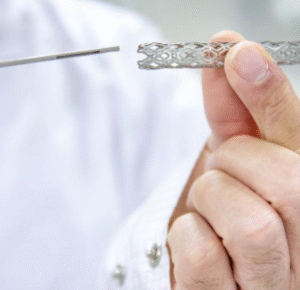
Visiting the family dentist in Northwest Albuquerque, NM, is an essential part of maintaining oral health. Before your next appointment, think about the questions you might want to ask. Three key areas can guide your conversation. First, consider asking about the best routine for brushing and flossing. This can ensure you are keeping your teeth as healthy as possible. Next, inquire about any signs of potential issues. Early detection of problems can save time and discomfort in the long run. Finally, discuss any cosmetic or restorative procedures you might be curious about. Understanding your options can help you make informed decisions about your dental care. By asking these targeted questions, you’ll leave your appointment with a clearer understanding and peace of mind about your dental health. Remember, a proactive approach to dental care can lead to a lifetime of strong, healthy teeth.
Understanding Daily Oral Care
Daily oral care is the cornerstone of a healthy mouth. Asking your dentist about the best way to brush and floss can make a big difference. The American Dental Association recommends brushing twice a day with fluoride toothpaste. Flossing once a day is also crucial for removing plaque that your toothbrush can’t reach. Confirm the correct techniques to avoid damaging your gums or missing key areas. Understanding this can help improve your dental habits.
Spotting Early Signs of Dental Issues
Detecting dental problems early can prevent serious complications. Ask your dentist about the signs of common issues like cavities or gum disease. Knowing what to look for can empower you to seek help promptly. For example, be aware of persistent bad breath, bleeding gums, or sudden sensitivity. These can be warning signs of underlying issues.
Exploring Cosmetic and Restorative Options
If you are curious about improving your smile, ask about cosmetic procedures. Teeth whitening, veneers, or braces can enhance your appearance. Restorative options like crowns or bridges can fix damaged teeth. Understanding these options can help you decide what’s right for you.
Comparing Treatment Options
Sometimes, multiple treatment paths are available for a dental condition. Understanding the benefits and drawbacks of each can help you make informed choices. Consider the following table:
| Treatment | Advantages | Disadvantages |
| Braces | Effective for complex corrections | Visible, requires longer treatment time |
| Invisalign | Nearly invisible, removable | Not suitable for severe issues, may be more costly |
| Whitening Strips | Easy to use, affordable | Results can vary, may cause sensitivity |
Understanding Insurance and Costs
Financial considerations are often a key part of dental care. Ask your dentist for a breakdown of treatment costs. Discuss what insurance may cover and what will be out-of-pocket. This helps you plan your budget accordingly. You can also explore payment plans if needed.
Preparing Your Questions
Preparing questions ahead of your appointment can make your visit more productive. Here are some to consider:
- What are the best practices for daily oral hygiene?
- Are there any signs of dental issues I should watch for?
- What are my options for improving my smile?
- How do different treatments compare in terms of benefits and costs?
- What will my insurance cover?
Staying Informed
Staying informed about dental health helps you make better decisions. Explore resources like the CDC’s Oral Health Resources for reliable information. Regular check-ups are important, but being informed lets you take charge of your health between visits.
By asking questions and learning more about your dental care, you can maintain a healthy and attractive smile for years to come.



